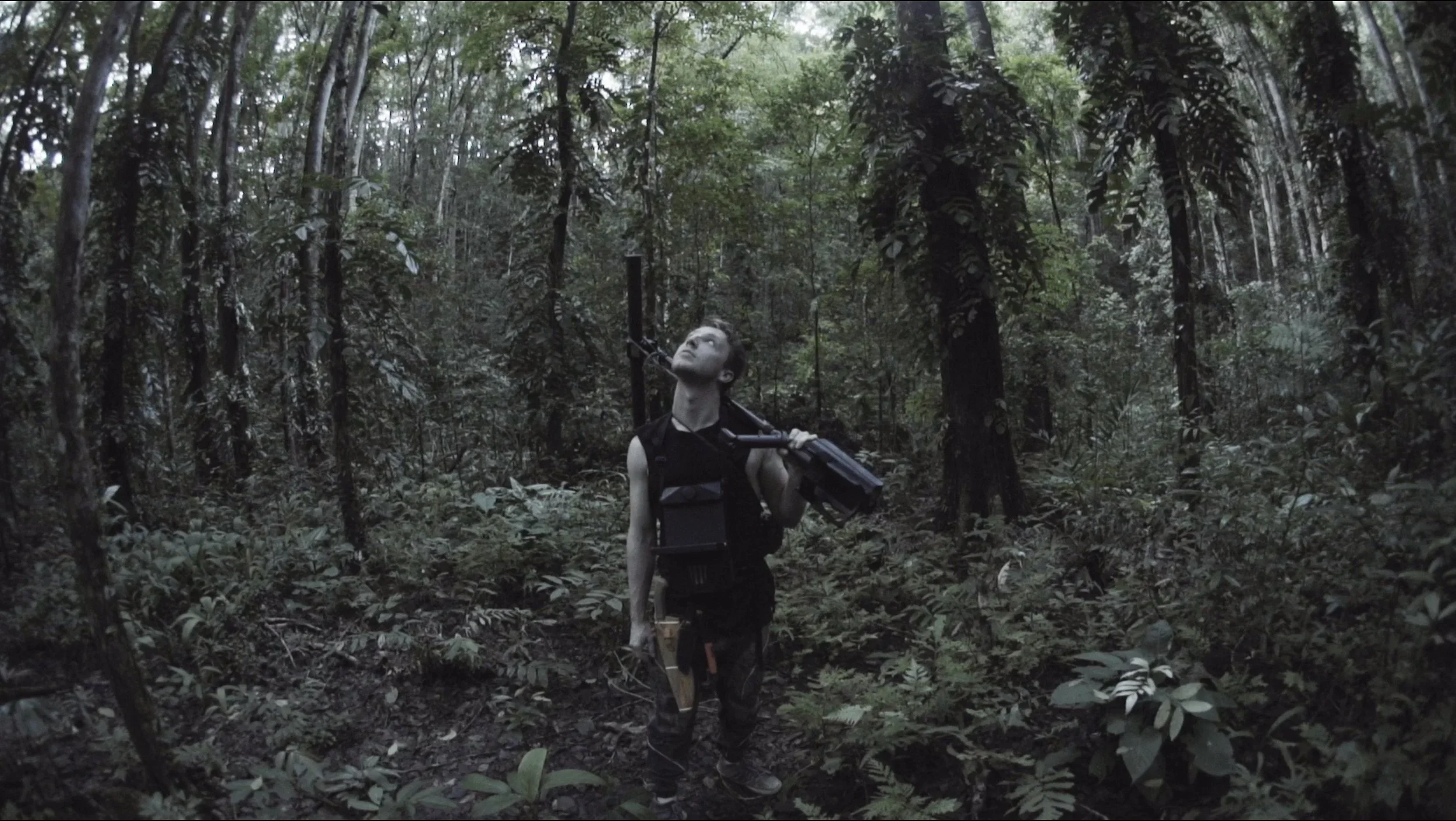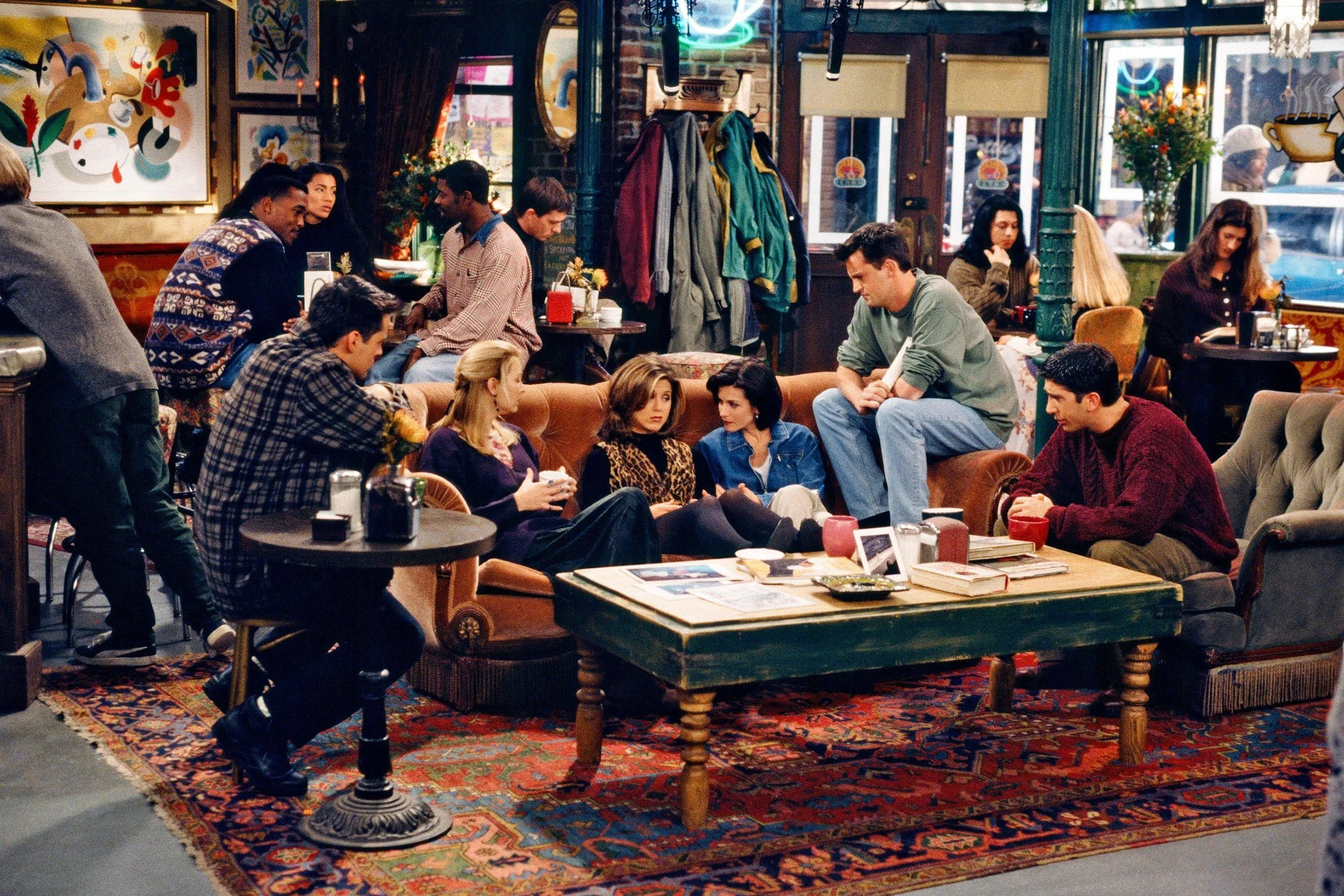‘The Kingdom’ REVIEW: An Ambitious but Lacking Vision of Alternate History
‘The Kingdom’ REVIEW: An Ambitious but Lacking Vision of Alternate History
Lakan Makisig (Vic Sotto) sitting at his throne feeling the weight of his crown. Photo taken from the film’s official trailer.
The Kingdom offers a tantalizing proposition to Filipino moviegoers: What if the Philippines was never colonized?
It’s a fair question to ask. It’s an interesting what-if scenario with limitless possibilities, but the appeal of the question lies deep in the intersection of Filipino nationalism, history and identity. We have a history of colonization that spans centuries, with three different countries ravaging and pillaging our nation for their own benefit. This has left behind a massive societal trauma we’re still reeling from to this day.
One consequence of colonization is how we’ve become distant from our Filipino roots; after all, it’s easier to subjugate the people you want to rule over by erasing their history, culture, and identity. Grappling with our fractured history and self has pushed Filipinos to embrace aspects of our pre-colonial past, from the resurgence of Baybayin as a marker of Filipino identity to the prominence of 107-year-old traditional tattoo artist Apo Whang-Od.
The Kingdom is one of the biggest cultural expressions of this desire to date. In a canny move, the film wastes no time relishing in the fantasy inherent in its premise: a group of local fishermen are defended from the film’s analogue of the Chinese coast guard by the massive naval ship of the Kingdom of Kalayaan; which is what the Philippines is called in this alternate reality.
But in the next scene, the ruler of the Kingdom of Kalayaan, Lakan Makisig Nandula (Vic Sotto), and his men are preparing for an execution. Death by firing squad. The man sentenced to death killed two people related by blood during an altercation, so as payment for his crimes two people will have to die as well: the convict and his innocent son. An eye for an eye, a tooth for a tooth.
A placard of a black-and-white photo of the Makisig family with a big red ‘X’ painted on top of it raised during one of the protests against the royal family. Photo taken from the film’s official trailer.
This is the world of The Kingdom, where violence and inequality pokes through prosperity. It is heavily based on our pre-colonial societies, but expanded and contorted in fascinating ways. Lakan Makisig and his family reign supreme due to their bloodline having a deep connection with Bathala. Reverence to Bathala runs deep that the punong babaylan not only performs rituals for the king, but can also shape political policy.
Honor and social status is held in high regard, reflected by a rigid social hierarchy. The lakans and alipins of yore still exist; at one point, we even see alipins fight in a gladiatorial battle to escape their fates. The lakan has to be skilled in battle just like his ancestors, who are held in high regard for being warriors. Tattoos are an indicator of one’s place in society. That’s why one of the punishments in the country is to have your tattoo removed and become the tinatwa (the Banished), which limits your access to the country’s resources and will be treated as an outcast by society at large.
The underprivileged are also under constant threat, with farmers being worked to death by landowners, low wages for laborers, and mining companies expanding on ancestral lands. That’s one of the reasons why there is a secessionist group called Tiwalag, who fight to relinquish power away from the kingdom.
Matimyas (Sue Ramirez) waving at a crowd of onlookers inside a limousine on her way to the wedding. Photo taken from the film’s official trailer.
It’s in the middle of all this turmoil that Lakan Makisig finds himself planning to step down from his position soon. He hasn’t picked a successor yet, but he is choosing between his two oldest children: the brash Bagwis (Sid Lucero) & the measured Matimyas (Cristine Reyes). As part of her royal responsibility, the youngest of his children Lualhati (Sue Ramirez) will marry the prince of Thailand within the Kingdom of Kalayaan; a nod to Thailand being the only Southeast Asian country that fought off colonization.
But just as she’s about to get married, Lualhati is kidnapped by a group of armed men. The monarchy is plunged into chaos as they try to rescue Lualhati and figure out who is the mastermind behind it all. When her kidnappers made one of their stops, ordinary farmer tinatwa Sulu (Piolo Pascual) noticed something odd was happening and was able to rescue her. They plan to go back to the palace, not knowing the trouble that lies ahead and how their lives are more connected than they seem.
The film’s casting of Vic Sotto has been talked about a lot, as this is his first dramatic role for a feature film. He has done dramatic roles before this in TV, during Eat Bulaga’s Lenten Specials, but they’re not as demanding as the ruler of an entire kingdom. His casting carries so much weight, not only because of how different it is, but how he has built himself as the lovable patriarch in recent decades like in the Enteng Kabisote series.
Lakan Makisig (Vic Sotto) waving at an excited crowd before the royal wedding. Photo taken from the film’s official trailer.
Sotto is decent in the role, but he can be inconsistent. Lakan Makisig is a composed yet stubborn ruler beholden to the traditions of his nation, so it's a tricky role that requires a lot of subtlety and nuance that sadly he can't always achieve. He can be regal and charismatic in one scene, but stiff and monotonous in the other; as if he's too conscious of acting in a political drama. He fares better during the film’s quiet conversations, where he is able to exude warmth and wisdom to the people he loves; which is material he is more familiar with.
The rest of the cast is admittedly better. As Sulu, Piolo Pascual wears his character's simmering rage borne out of exhaustion and trauma from the country’s rules and traditions. But even at his prickliest, he gives Sulu a softer side when he's dealing with people he cares for. (It’s unfortunate that he is wearing heavy brownface makeup to reflect his status as a common farmer, which could’ve been avoided entirely, considering this version of uncolonized Philippines has a lot of fair-skinned performers in its cast.)
Sid Lucero portrays Bagwis as a reckless, confident leader who may not always know what to do, but will do anything in his power to protect his family and the kingdom. Cristine Reyes gives Matimyas’ kindness a slight performative edge that makes her actions highly suspect even if she’s doing the right thing. Sue Ramirez embodies Lualhati's innocence as the youngest of Nandula's children.
Sulu (Piolo Pascual) sternly looking at his grandfather during a heated conversation. Photo taken from the film’s official trailer.
All of these characters navigate a world that feels familiar and alien at the same time. Director Michael Tuviera and writer Michelle Ngu-Nario, both of whom co-wrote the story, use their vision of alternate history as a vessel to view contemporary Filipino society through a funhouse mirror. Brutality, injustice, and even the intermingling of state and religion is as embedded in their society. Power and privilege are sought after by different groups for different reasons, and those who hold it all do everything in their power to retain it. The differences between their world and ours only highlight how codified they truly are. It’s a clever way for the film to tap into our current sociopolitical climate without being beholden to it.
It’s the reason why it’s easier to buy into the film’s odd reality, which is easy to nitpick. The Kingdom of Kalayaan is a mélange of Filipino aesthetics and culture, with Mindanaoan architecture housing people who speak only in Tagalog. Smartphones don’t seem to exist in this world, despite having an internet connection and access to telecommunication software. Uncanny details break the illusion entirely like the SM Aura building being transformed into a hospital by grafting a huge sign on top of it, or the film’s goofy currency with Lakan Makisig’s half body printed on their money. Yet the branching path that led to this alternate reality is so far away from our current timeline that it feels like a fantasy world rather than an actual plausible reality.
And even then the world they built here is impressive. Production designer Nestor Abrogena Jr. has built a world that feels tangible despite the odd detail here and there. It pulls heavily from indigenous & Islamic aesthetics for its costuming and set design, but adapts it for our modern times. The color palette is also heavy with earthy tones, with greenery littering the palace, as a reflection of a society that is closer with nature. This makes their use of whites and royal blues stand out.
MP Libiran (Jong Cuenco), Punong Ministro (Francis Mata), and Matimyas (Cristine Reyes) discussing mining and its effect on the resident’s ancestral lands at the Batasan ng Kaharian. Photo taken from the film’s official trailer.
But unlike the best fantasy stories, the film never takes full advantage of the imaginative setting they've built. Even as its story takes us through a tour of the Kingdom of Kalayaan’s fraught sociopolitical climate, it doesn’t interrogate how its traditions, social mores, and laws are truly harmful to its citizens. It doesn’t even speak as to why the yearning for an uncolonized Philippines is so powerful. There are moments where the film starts critiquing its own premise — poking at the bubble of privilege the Makisig family has — before backing away to pin it all on bad actors who act with good intentions. Its politics are so murky, a side effect of Tuviera wanting to make a “non-political film about politics.” It renders whatever observations it has about power, privilege, and inequality shallow and toothless.
What it does best is foreground politics as seen through the lens of the Filipino's most vaunted institution: family. The family at the center of the film is the head of the nation who believe they are connected with the divine, so even the simplest of conversations can have massive ripple effects. But this is still obvious when seen outside of the monarchy's bubble, where we can see families try to make the best of their situation despite their economic status or how families are broken up because of a nation’s policies.
The Kingdom is a film overflowing with ambition and risk, included in a film festival that has had a reputation for being boring and formulaic; I know people who think Vic Sotto is still cranking out Enteng Kabisote films. This film will undoubtedly change that. While the film may be an intriguing, engaging vision of alternate history, there is a lot of untapped potential here. It never provides a satisfying answer to what the Philippines would be like if it was uncolonized. What we end up here is a film that inspires the imagination, but would rather settle for a world that is a mere reflection of our own.
‘The Kingdom’ premiered on December 25, 2024 as part of the 50th Metro Manila Film Festival.
























